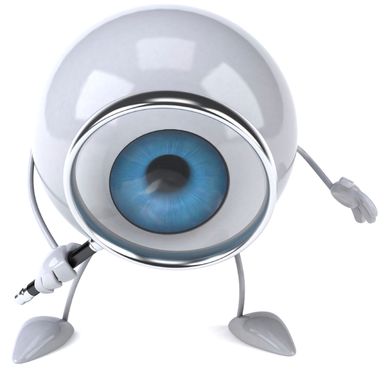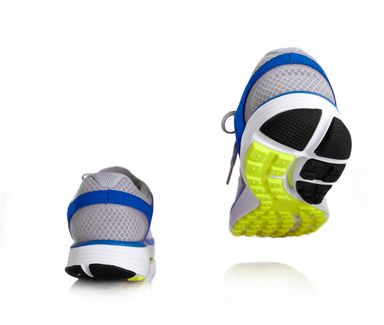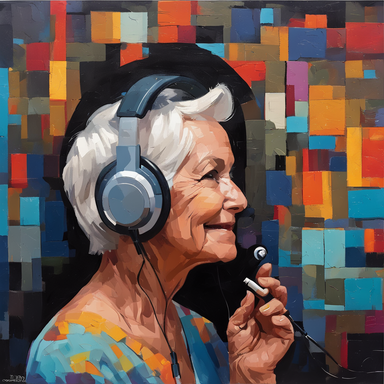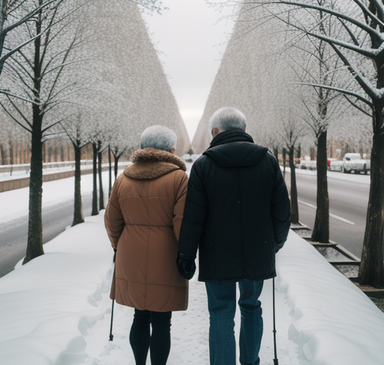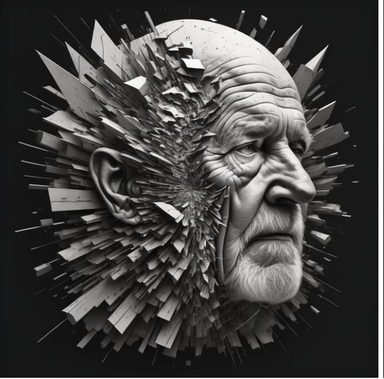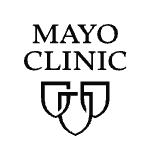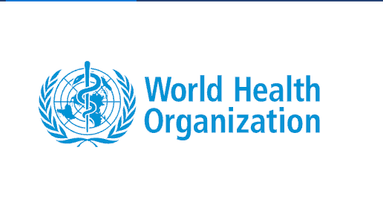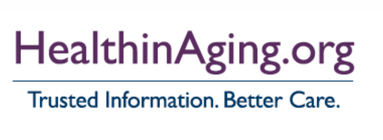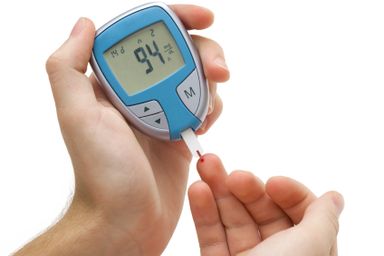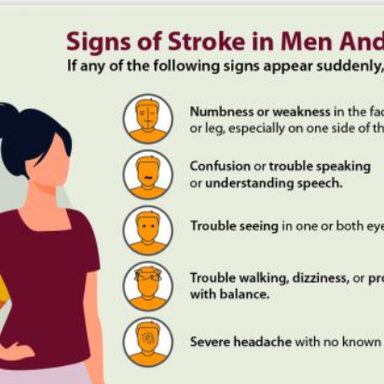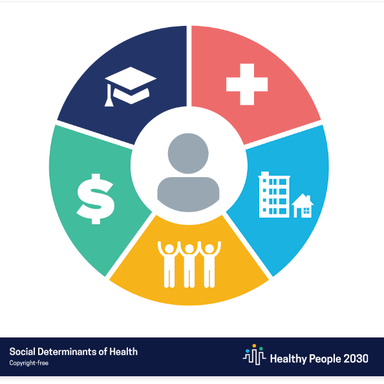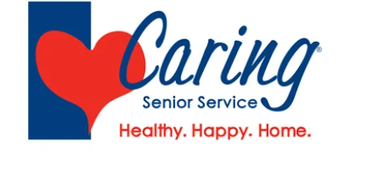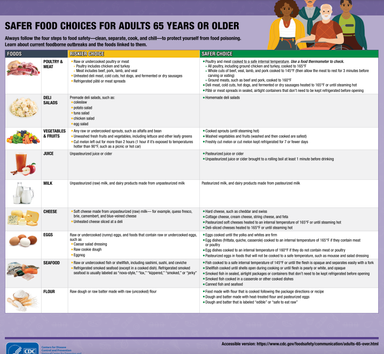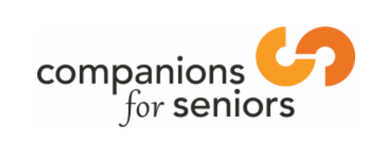Visit us on Tik Tok at https://www.tiktok.com/@howtoaccessagedcare
How to Access Aged Care
General Resources
General Resources
Discover more about our extensive range of professional services. We constantly update this page, but if you still can’t find what you’re looking for, please feel free to contact us – we will be more than happy to help.
Healthy Meal Planning
Eating healthfully and having an active lifestyle can support healthy aging. Use the resources from the National Institute on Aging to learn about different patterns of healthy eating and ways to create a nutritious meal plan. See the link here,
The USDA My Plate also has some helpful nutrition information, tips, and link to their My Plate app providing nutrition information on your, phone, tablet, or Alexa speaker. See the link here.
Participating in Social Activities
There are many things you can do to help boost your health as you age, including making healthy food choices and not smoking. But did you know that participating in social and other activities you enjoy can also help support healthy aging?
Managing Medications
You can lower your risk of problems with medications. Keep the following tips in mind and ask questions of your healthcare professional or pharmacist.
Menopause
Menopause is a natural part of this journey, and there are support services in the USA and Australia ready to empower you every step of the way. Please see the links below:
North American Menopause Society
Australian Menopause Society
Eye care and older adults
"As you age, it is normal to notice changes in your vision". Visit the below links for help and tips.
Aging and your eyes
Services for older adults
LGBTQ+ Resources for older adults
National resources for LGBTQ+ Older adults in Australia.
LGBTQ+ Sage National Resource Center
LGBTIQ+ Health Australia
Home Modifications
Link to the "The Five Best Home Modifications for Seniors Aging in Place" - encourage safety and good wellbeing.
Help Getting Dressed
Link to "As we age, simple things like pulling a shirt over our heads can become difficult. This article is full of advice to help and older adult
get dressed."
Oral Health
Oral health is often overlooked when it comes to aging in place. However, it is some of the most common health problems experienced by older adults. See links below for more information.
Facts about older adult oral health
Caregiver guide: Dental problems
Oral Health for Older Adults: Quick Tips
Foot care and older adults
"Foot problems can make it harder to stay physically active and increase your risk of tripping, slipping and falling." Visit the links below for more information.
Caring for your feet
Foot care for seniors: 10 Important Tips
Benefits of Music
Music has many powerful health benefits for older adults. It can help with pain, memory and more. Please see the link below from Elder Care Alliance on the importance of music.
Hearing Loss
Hearing loss is common. Learn about symptoms of hearing loss and how to find a good hearing provider. Click on this link to the National Council on Aging's article on hearing loss. And, click on this link for statistics on hearing loss as presented by National Institute on Deafness and Other Communication Disorders
Skin Care
We all want to look our best. But what are the best ingredients, products and routines for your anti aging skin regime? The Cleveland Clinic have laid it all out for you in this article. Click on the link below.
Plan for Aging in Place
Aging in Place takes a lot of planning. But what should we be looking at to Age in Place successfully? The National Institute on Aging have laid it all out for you in this article. Click on the link below.
Staying Active in Winter
As the cooler months in the northern hemisphere are approaching, it is really important for older adults to continue to look for ways to stay active. All Seniors Care has a great article about what older adults can do to stay safe and active in the cooler months.
Summer Fitness
As the warmer months in the southern hemisphere are approaching, it is really important for older adults to continue to look for ways to stay active. Harvard University's National Center for Equitable Care for Elders has created an article about what older adults can do to stay safe and active in the warmer months.
Depression
Did you know that older adults are at an increased risk for depression? To find out more about how to identify depression and for resources, visit the CDC and read this helpful article http://rb.gy/nofzb for more information.
Ageism
Let's talk more about Ageism. If we don't understand it, we can't stop it. Check out this World Health Organisation page about Ageism. Learn what it is, who it affects, where we see it, how it's a problem, and most importantly, how we can combat it.
Breast Cancer Awareness
Older Adults & Sleeping
Sleep patterns naturally evolve as people age, presenting distinct changes for older adults. The National Institute on Aging offers suggestions on how to get a good nights sleep and discusses disorders that may prevent a good nights sleep. It also offers suggestions on safe sleep for older adults. For link to the NIA article on aging click here.
Heart Disease
Aging changes your heart and blood vessels. In people older than 75, congestive heart failure occurs 10 times more often than in younger adults. Medline Plus has put together an article not only about how aging changes your heart and blood vessels and the implications of this but also, how you can prevent heart disease.
Keep your heart healthy
"Heart disease is the leading cause of death for both men and women in the United States. Take steps today to lower your risk of heart disease" (Office of Health Disease and Disease Promotion). There are things you can do to prevent heart disease. Visit Office of Health Disease and Disease Promotion for more information.
Delirium
"Delirium is a serious change in mental abilities. It results in confused thinking and a lack of awareness of someone's surroundings. The disorder usually comes on fast — within hours or a few days." (Mayo Clinic)
Visit Mayo Clinic to read the symptoms, types and difference between dementia and delirium.
Mental Health
"By 2030, one in six people in the world will be aged 60 years or over.
- Loneliness and social isolation are key risk factors for mental health conditions in later life.
- One in six older adults experience abuse, often by their own carers.
- Approximately 14% of adults aged 60 and over live with a mental disorder.
- Mental disorders among older adults account for 10.6% of the total years lived with disability for this age group."
World Health Organisation, 2023
For more information and prevention visit the WHO.
Urinary Incontinence
"Treatment of urinary incontinence depends on the type of incontinence a person has and their goals for improving their condition" (HealthinAging.Org, Feb 2023)
HealthinAging.Org has excellent resources for care and treatment for urinary incontinence. Visit their website today.
Travel Destinations
Best (And Worst) Destinations For Senior Travel According To New Data as seen in Forbes.com
Older Adults and Diabetes
"Diabetes is a chronic disease that’s common among older adults, affecting an estimated 33% of people aged 65 and older." (NCOA, 2022). Visit the National Council on Aging for the top 10 signs of diabetes in older adults.
Veterans Day Activities
One way to show appreciation for our older adult veteran's time in the military is to participate in meaningful activities and events. These activities can be adapted to fit individual veterans or older adult communities and can be inclusive of most cognitive and physical abilities. A Place for Mom has suggested some inclusive and meaningful activities.
Memory Games
"Memory related brain games are very healthy for all the people’s mental skills. But Dementia patients need a little bit more support in this matter. You can provide them with play these kinds of games and do mental exercises regularly" (Mentalup, 2022). Visit Mentalup for links to free memory related brain games.
Financial Literacy
In an era of economic complexity, cultivating financial literacy becomes paramount, especially for older adults. The FDIC offers tailored insights and resources to help seniors navigate retirement, manage investments wisely, and safeguard their financial well-being. Visit FDIC for more information.
Stroke
To learn about stroke signs, symptoms and what do do if you think you or someone you are caring for is having a stroke, visit the CDC's webpage about strokes.
Social Determinants of Health
"Social determinants of health (SDOH) are the conditions in the environments where people are born, live, learn, work, play, worship, and age that affect a wide range of health, functioning, and quality-of-life outcomes and risks.
Healthy People 2030 groups SDOH into 5 domains:
- Economic stability
- Social and community context
- Education access and quality
- Health care access and quality
- Neighborhood and built environment
SDOH have a major impact on our health, well-being, and quality of life — and SDOH significantly affect our chances of staying healthy as we age." (health.gov)
Questions to ask Aged care Facilities
Choosing the right aged care home is a big decision. Here are key questions to ask:
1) What level of care is needed? 2) Is the location convenient for family and friends? 3) What services and amenities are offered? 4) How is the staff-to-resident ratio? 5) What's the cost and what's covered? 6) Are there specialized care options? 7) What's the facility's reputation and track record?
You can use the following questions as a starting point when visiting aged care homes. If there is something specific you would like to ask about, you can add your own questions to the list.
Daily Living Aids
"Daily living aids can help your loved one age in place safely while giving you peace of mind. These include various products designed to help seniors (or anyone) complete activities of daily living (ADLs) with safety, ease, and independence. Here are a few products to consider for your loved one’s home." (Meet Caregivers, 2020). See the link to 14 daily living aid examples that can help you.
Benefits of Technology
Technology can help older adults with many parts of their lives, including, socialization, access to information, health monitoring and management, entertainment, convenience and much more. Visit the link below for more information.
6 tips for staying independent
The CDC have recommended 6 Tips for Healthy Aging. Use these 6 tips to remain active and independent as long as possible.
Safer Food Choices
Did you know that older adults have a higher risk of getting sick from food poisoning and having a more serious illness? The US Centers for Disease Control and Prevention, have guidleines for safer food choices.
Grief and Loss
When someone dies it is traumatic and it is difficult to know what to do next. If you need support to cope with grief and you live in Australia or the USA, click on the links below.
Create a Caregiving Network
Establishing a collaborative support network is essential for caring for elderly family members, providing strength in unity. The goal is to build a team of professionals, family, and friends, relieving caregivers and emphasizing the collective nature of caregiving. For info on how to create a care network, visit Companions for Seniors.




